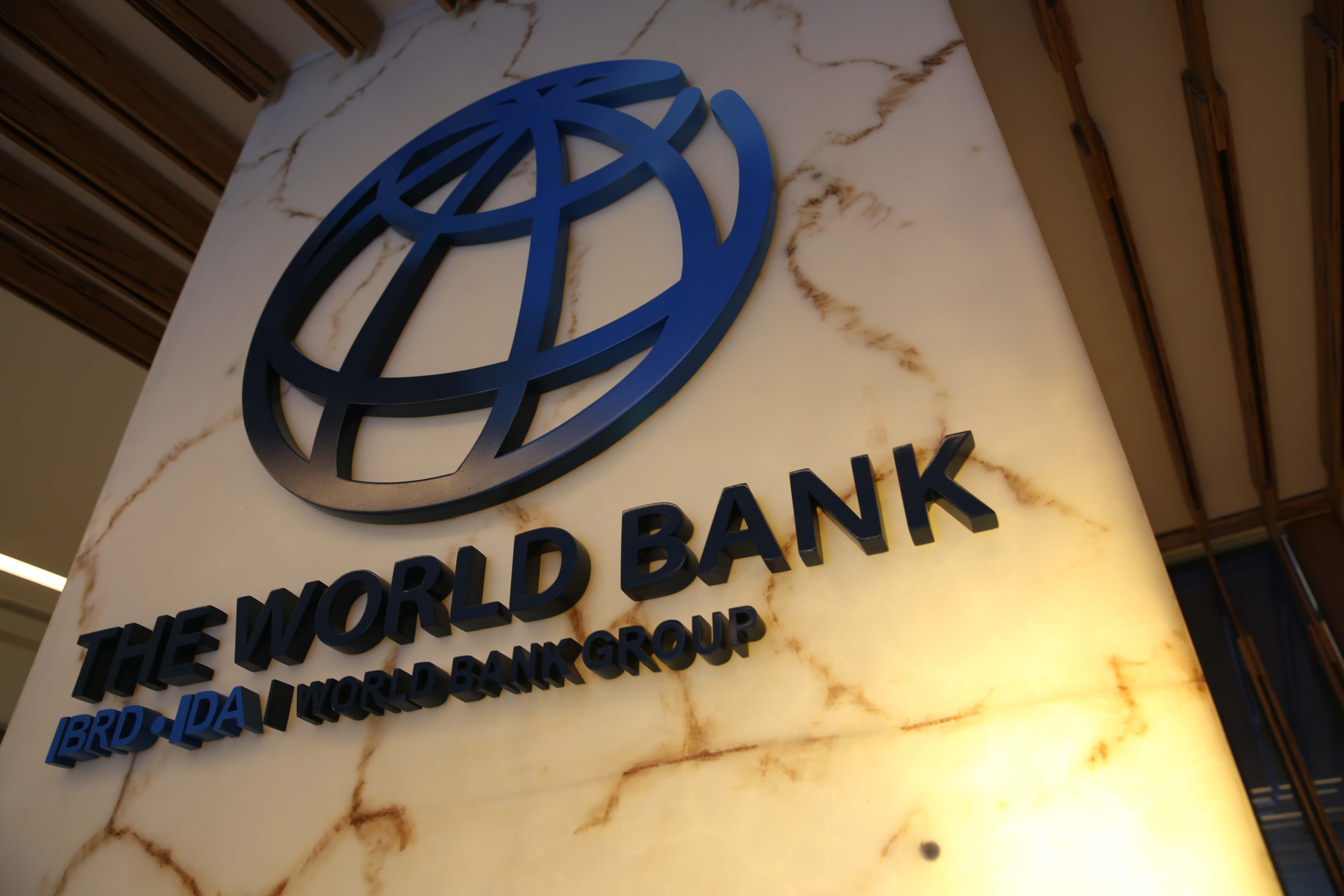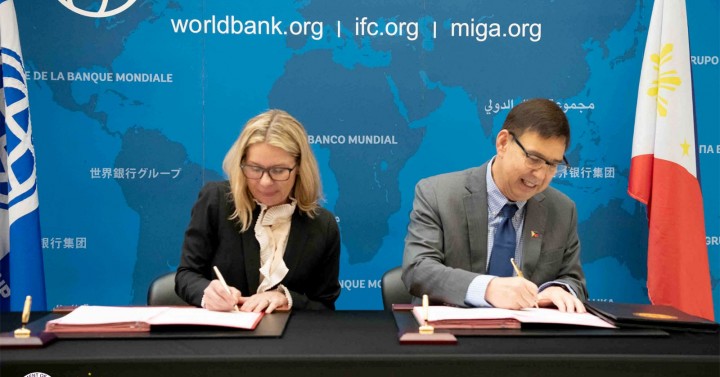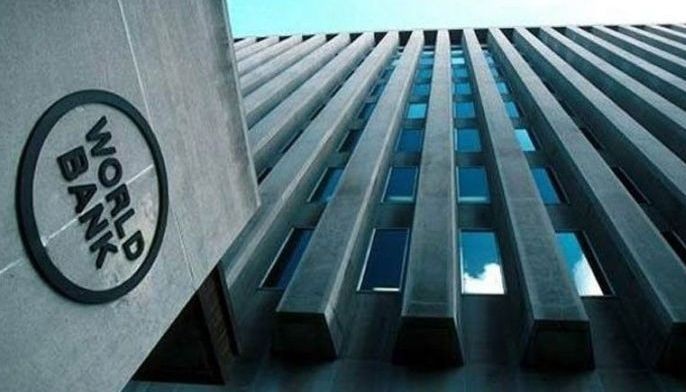Manila, Philippines — The World Bank has called on the Philippine government to push for deeper reforms aimed at creating a more business-friendly environment, saying that cutting red tape and improving public services are essential to attract investments and sustain economic growth.
In its latest Business Ready report, the World Bank identified several areas where the Philippines continues to face challenges, including cumbersome regulations, inefficient public services, and weak operational systems that slow down business activities. The report emphasized that these factors make it harder for local and foreign investors to thrive, warning that without significant improvements, the country risks falling behind its regional neighbors.

The Business Ready initiative evaluates countries based on the ease of starting and operating businesses, measuring progress in regulatory quality, public service efficiency, and overall operational performance. As one of the pilot economies for the program, the Philippines has been closely monitored for its ongoing reforms to streamline processes and promote competitiveness.
Among the World Bank’s recommendations are simplifying licensing and permitting procedures, reducing bureaucratic delays, and enhancing digital systems to make transactions faster and more transparent. It also urged the government to strengthen coordination among agencies and improve data systems to effectively track reform progress.

The Philippine government, through the Anti-Red Tape Authority (ARTA), has already implemented several initiatives to cut unnecessary procedures and modernize public services. However, the World Bank noted that more comprehensive action is needed to ensure consistent implementation and stronger enforcement of business regulations across all sectors.
The call for reform comes at a critical time for the Philippines, which continues to navigate global economic challenges such as fluctuating trade conditions and inflationary pressures. While the country has maintained moderate growth, the World Bank warned that without decisive steps to enhance competitiveness and investor confidence, future expansion could slow down.
Despite these challenges, the World Bank expressed optimism that with sustained reform efforts—particularly in improving transparency, strengthening digital infrastructure, and reducing costs of doing business—the Philippines can unlock greater economic potential and create more opportunities for both local entrepreneurs and foreign investors.







